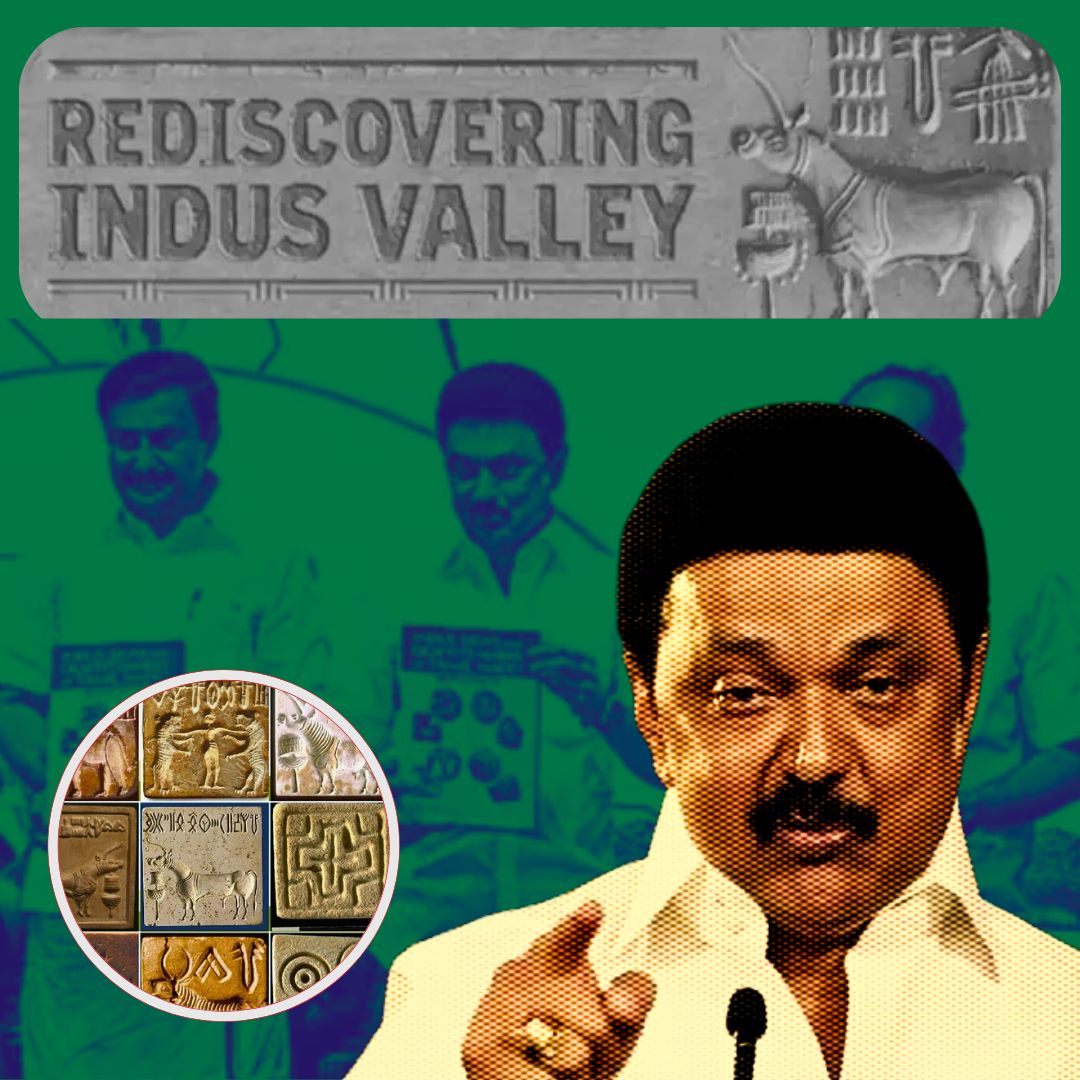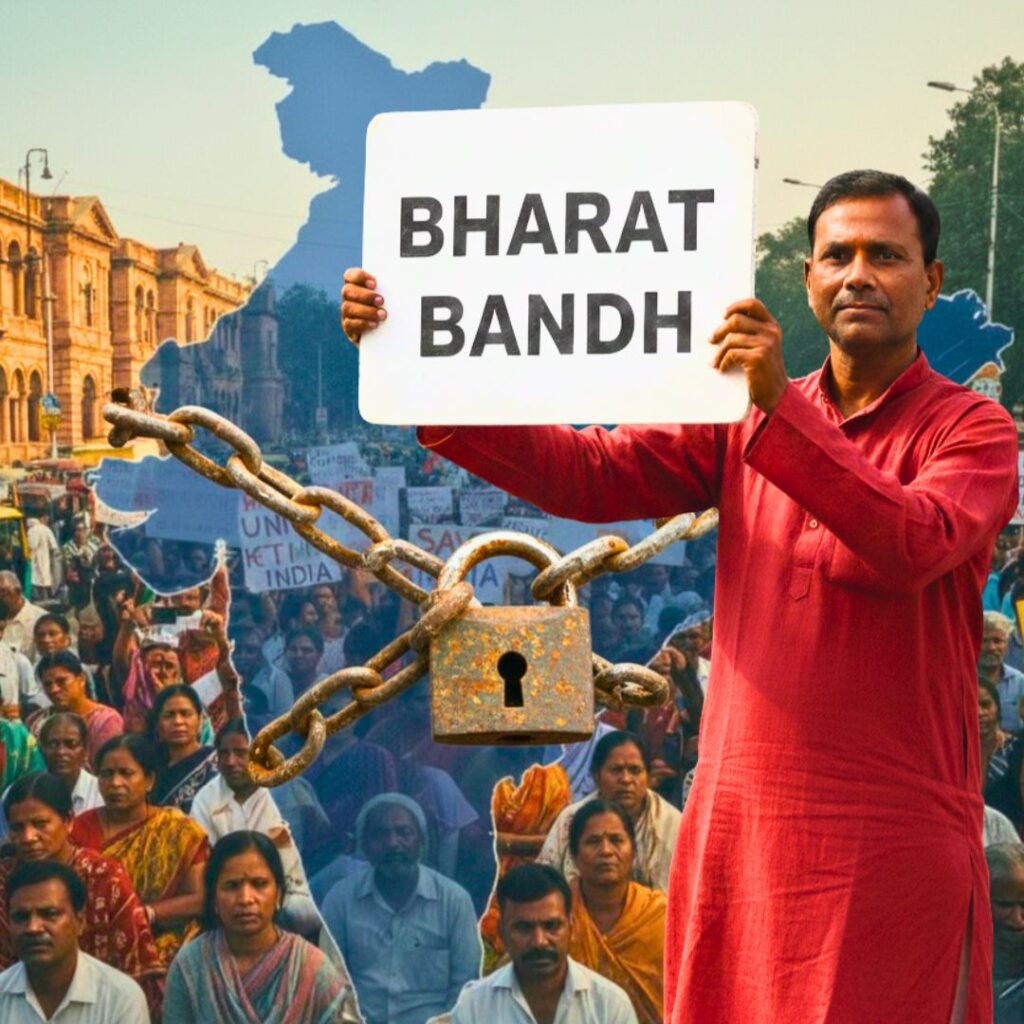Tamil Nadu Chief Minister M K Stalin has announced a $1 million prize for anyone who can successfully decipher the Indus Valley script, a mystery that has persisted for over a century since its discovery in 1924. This announcement was made on January 5, 2025, during a three-day international conference in Chennai celebrating the centenary of the Indus Valley Civilisation (IVC).
Stalin emphasized the significance of Tamil Nadu’s history in relation to the IVC and expressed hope that this initiative would galvanize global efforts from linguists and archaeologists. Additionally, he revealed plans to establish a research chair in honour of renowned epigraphist Iravatham Mahadevan.

Encouraging Global Collaboration
At the conference, CM Stalin highlighted the long-standing enigma surrounding the Indus Valley script, stating, “The riddle hasn’t been answered for the past 100 years despite several efforts by archaeologists and experts.” He urged scholars and technological experts worldwide to engage in this intellectual pursuit, noting that their contributions could reshape our understanding of ancient Indian history.
The prize aims to incentivize individuals and organisations to provide answers that satisfy archaeological standards. Furthermore, Stalin announced a ₹2 crore grant to create a research chair at the Roja Muthiah Research Library, dedicated to studying the IVC. This initiative is expected to attract researchers and students interested in exploring the connections between ancient scripts and modern languages.
Historical Context and Significance
The Indus Valley Civilisation was first discovered by British archaeologist Sir John Marshall in 1924, marking a pivotal moment in understanding India’s historical narrative. Spanning across present-day Pakistan and northwest India, the IVC is one of the world’s oldest urban cultures, known for its advanced city planning, architecture, and social organisation.
CM Stalin reiterated that the history of the Indian subcontinent cannot be accurately written without recognizing Tamil Nadu’s contributions. He remarked on parallels between Tamil culture and practices observed in the IVC, such as burial customs and pottery styles.
Minister of Finance and Archaeology Thangam Thennarasu added that deciphering the script has been challenging due to the absence of a bilingual reference akin to the Rosetta Stone. This lack of context has left many inscriptions open to interpretation, further complicating efforts to unlock their meanings.
The Logical Indian’s Perspective
The Logical Indian believes that initiatives like CM Stalin’s prize for deciphering the Indus Valley script are vital for fostering academic collaboration and preserving cultural heritage. By encouraging dialogue among scholars globally, we can deepen our understanding of ancient civilisations and their relevance today. This effort not only highlights Tamil Nadu’s rich history but also promotes unity through shared knowledge.
As we stand on the threshold of potentially groundbreaking discoveries about our past, it is crucial to support such endeavours that bridge gaps between disciplines and cultures. How do you think such initiatives can impact our understanding of India’s diverse cultural tapestry? We invite our readers to share their thoughts and engage in this important conversation.












